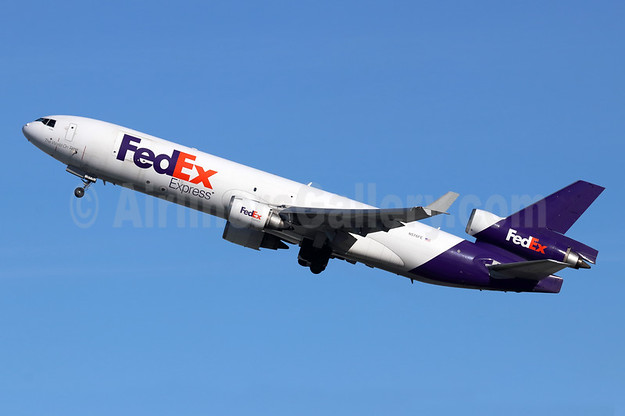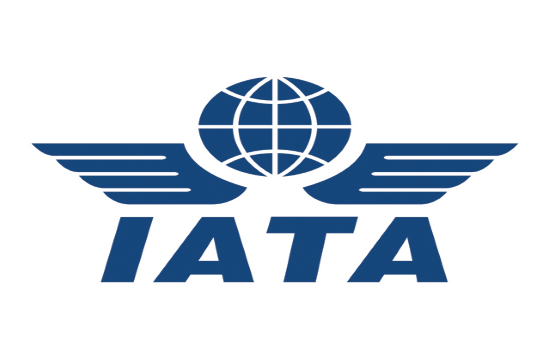
FedEx sues the U.S. Department of Commerce
June 26, 2019
Data, Digital Transformation to Drive Future Customer Experience
June 26, 2019Athens, Greece – To continue building on the success of its air transport industry, Greece should work to modernize its airspace, keep airport charges under control and expand terminal and runway capacity to meet the upcoming increase in passenger demand, according to a recent study about air transport competitiveness.
The study, titled Greece Air Transport Regulatory Competitiveness Indicators, reveals that Greece has the eighth-largest air connectivity in Europe and air connectivity increased 106% between 2013 and 2018. Air transport’s contribution to the Greek economy is also significant. The industry supports 457,000 jobs and contributes EUR 17.8 billion to Greek GDP, accounting for 10.2% of the total.
Despite this already significant contribution, the study laid out set of key recommendations for air transport to continue its growth trajectory and generate even more value in Greece.
- Pursue airspace and system modernization to improve air traffic management performance and reduce delays during the summer period. Between 2015 and 2017, capital expenditure was practically non-existent and the asset base is now considerably below the agreed performance plan. Additional air traffic controllers are also needed to serve congested airports.
- Greece should protect passengers and airlines from excessive airport charges by empowering the regulator to keep charges aligned with actual costs. This is particularly important given the ongoing privatization of Greek airports. The cost efficiency of the country’s airports also has room for improvement.
- New terminal and runway infrastructure should be developed as planned to meet the future increase in passenger demand. An effective consultation process with airlines, the main users of airports, should also be conducted to ensure the infrastructure efficiently meets their needs and is affordable to build and operate.
“The results of the study are a reminder that robust air connectivity unlocks significant economic and social benefits. Air transport creates jobs, facilitates tourism, supports international trade and is an engine of economic activity. With more than 25 million passengers departing from Greek airports every year, there is good reason to be proud of all that aviation has achieved here. However, Greece has a unique opportunity to ensure air transport is ready for the challenges of tomorrow by re-doubling efforts in the area of air transport competitiveness. IATA stands ready to offer our expertise and international experience to help Greece make the most of air transport to the benefit of the Greek people and economy,” said Alexandre de Juniac, IATA’s Director General and CEO.


